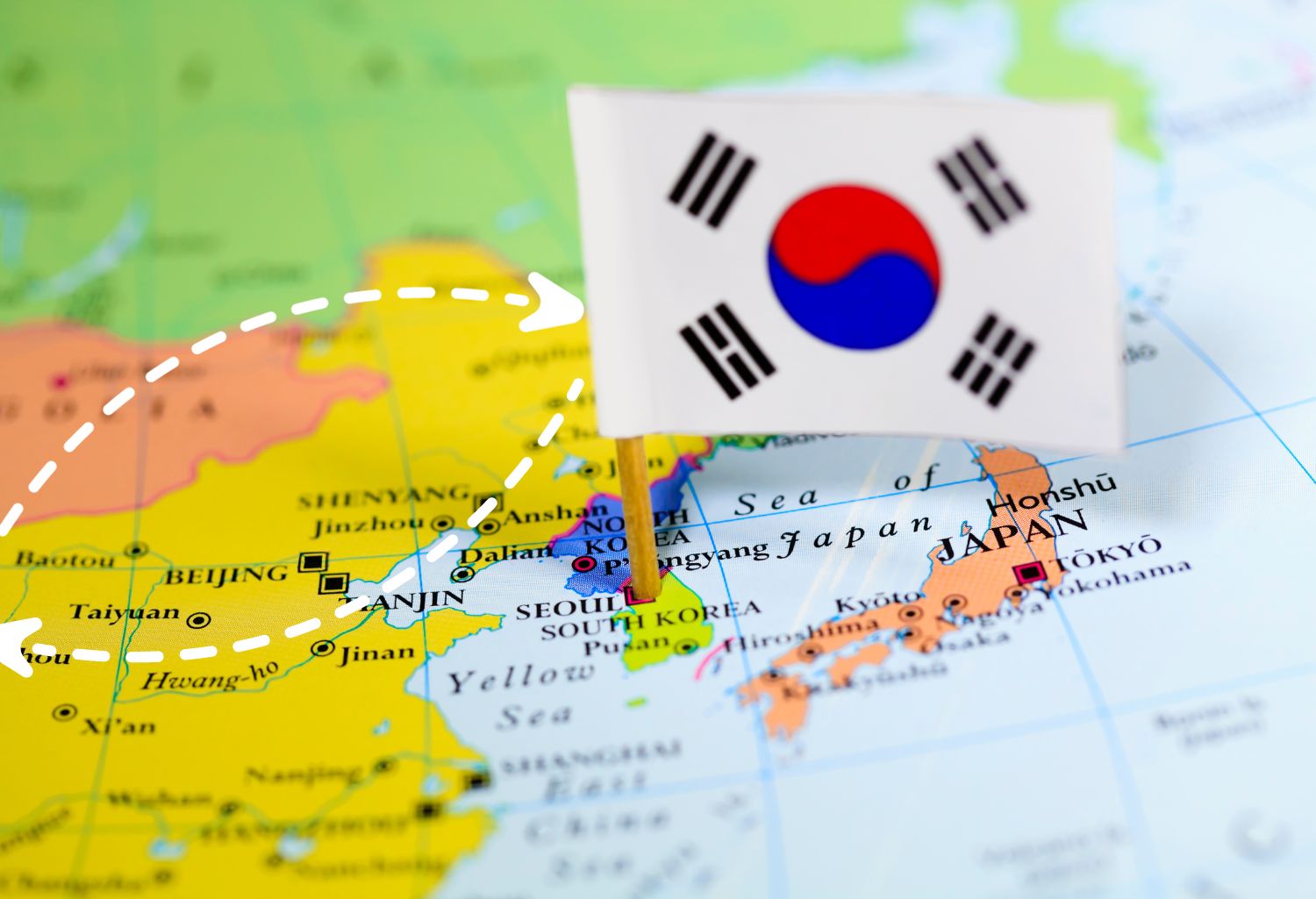In today’s globalized business landscape, international trade is a cornerstone of economic growth and prosperity. Companies in the United States and South Korea engage in extensive cross-border transactions, fueling the B2B sector’s growth. However, this vibrant trade environment also brings the challenge of managing bad debts. This thesis explores how Debt Collectors International (DCI), a leading collection agency, plays a pivotal role in safeguarding the value of a B2B company’s Accounts Receivable Portfolio within the International Trade Between The U.S.A. and South Korea.
The Significance of International Trade
International trade has become an integral part of the B2B sector, fostering economic relationships between nations. The exchange of goods and services between the United States and South Korea is characterized by diverse industries and subindustries. Here, we highlight the top 10 subindustries, illustrating their significance in this dynamic trade landscape:
1. Automotive Manufacturing
Synopsis: The automotive industry manufactures vehicles and automotive parts for global markets, contributing significantly to the economic ties between the U.S.A. and South Korea.
2. Electronics Manufacturing
Synopsis: Electronics manufacturing covers a wide range of electronic devices and components, including semiconductors, which play a vital role in international trade.
3. Machinery Manufacturing
Synopsis: The machinery industry produces various equipment used across sectors, enhancing trade efficiency.
4. Aerospace Industry
Synopsis: Aerospace products, including aircraft and spacecraft, are crucial exports in the U.S.A. and South Korea trade partnership.
5. Pharmaceutical Industry
Synopsis: The pharmaceutical sector produces medicines and medical treatments, ensuring the health and well-being of global populations.
6. Information Technology Services
Synopsis: IT services provide technology solutions and support that enable international businesses to thrive.
7. Chemical Manufacturing
Synopsis: Chemical manufacturing contributes to various industries, including agriculture and healthcare, through the production of chemicals and related products.
8. Agricultural Products
Synopsis: The agricultural industry exports crops, livestock, and processed food products, sustaining global food supply chains.
9. Renewable Energy
Synopsis: The renewable energy sector offers sustainable energy solutions, such as solar and wind power, supporting global environmental efforts.
10. Medical Devices
Synopsis: Medical devices, including advanced healthcare equipment, are essential in international healthcare settings.
Concerns in Debt Management
Despite the benefits of international trade, managing bad debts remains a significant concern for businesses. Several areas of concern in the U.S.A. and South Korea International Trade Industry include:
1. Cross-Border Legal Complexities
Synopsis: Navigating the legal complexities of debt recovery across borders can be challenging, requiring specialized expertise.
2. Language and Cultural Barriers
Synopsis: Language and cultural differences may hinder effective communication with debtors, necessitating skilled negotiation.
3. Regulatory Compliance
Synopsis: Compliance with international debt collection regulations is crucial to avoid legal issues.
4. Timely Debt Recovery
Synopsis: Timely debt recovery is essential to maintain cash flow and financial stability.
5. Cost-Efficiency
Synopsis: Cost-efficient debt collection services are vital for businesses to minimize losses.
DCI’s Effective Debt Recovery System
DCI offers a comprehensive three-phase debt recovery system designed to recover company funds efficiently:
Phase One
Within 24 hours of placing an account, DCI initiates the debt recovery process by sending initial letters to debtors via US Mail. Simultaneously, cases are skip-traced and investigated to obtain debtor information. DCI’s collectors use various communication methods, such as phone calls and emails, to reach resolutions. Daily attempts to contact debtors continue for 30 to 60 days.
Phase Two
If Phase One attempts fail, DCI forwards the case to a local attorney within its network. The attorney drafts official demand letters and intensifies contact efforts. If necessary, DCI informs clients about the case’s status and provides recommendations for further action.
Phase Three
DCI’s recommendation depends on the case’s viability. If recovery is unlikely, DCI advises closing the case, ensuring no fees are owed. Alternatively, clients can proceed with litigation, covering upfront legal costs. If litigation fails, no fees are charged.
Competitive Rates
DCI’s rates are considered industry-best and are negotiable. Clients submitting multiple claims within the first week can explore customized contingency fee options by contacting 855-930-4343.
A Strong Recommendation
In conclusion, considering DCI’s expertise, effective debt recovery system, competitive rates, and commitment to a “No Recovery No Fee” policy, it is strongly recommended that businesses involved in International Trade Between The U.S.A. and South Korea explore DCI’s third-party debt recovery services before resorting to litigation or attorney involvement.
Contact DCI
To learn more about how DCI can safeguard your Accounts Receivable Portfolio, visit www.debtcollectorsinternational.com or call 855-930-4343.





